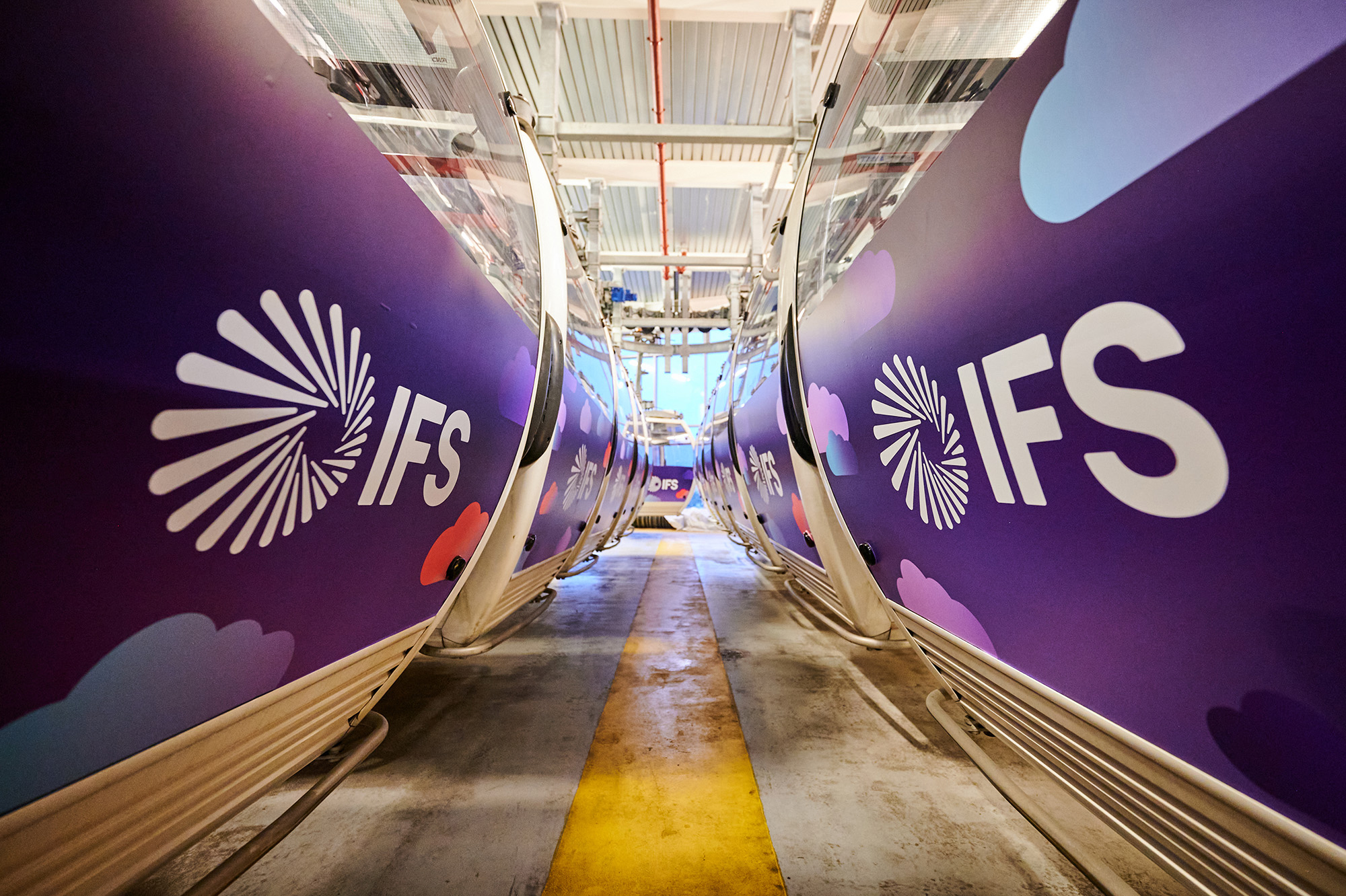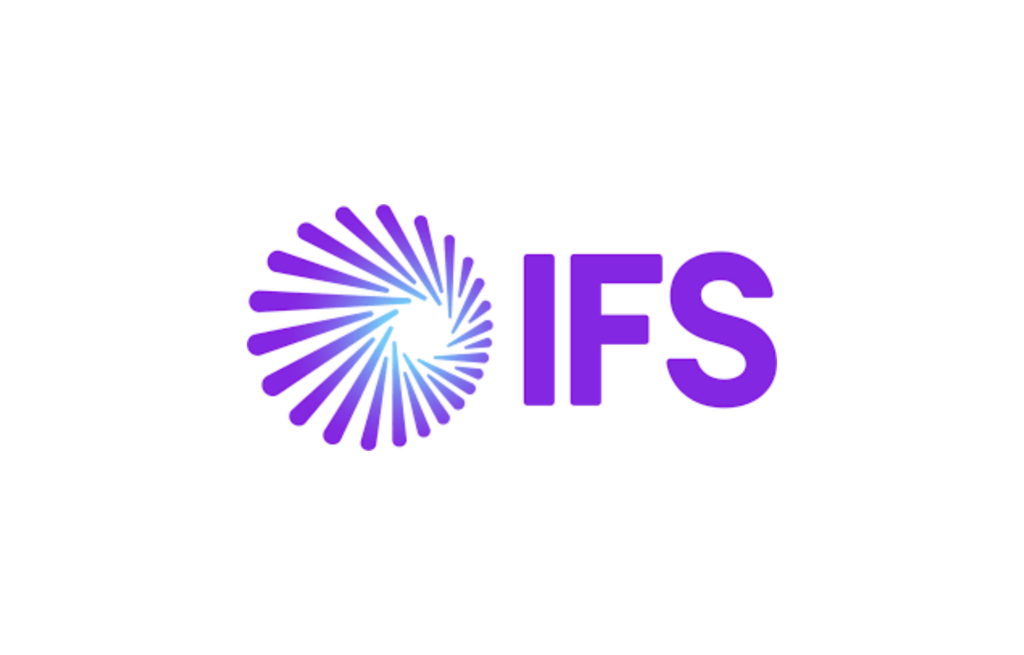IFS has raised its annual recurring revenue (ARR) by 30% with a 39% annual increase in cloud revenue in the first quarter of 2025. The company’s recurring revenue share rose by 24% to 82% during the quarter.
The company’s strong financial performance in Q1 was led by significant momentum, driven by increasing customer adoption and the strategic impact of its Industrial AI initiatives, particularly through the IFS.ai platform. This growth trajectory has contributed to IFS’s market valuation exceeding €15 billion earlier this year.
Cloud-Based Solutions and AI Drive Growth
These figures underscore a clear trend: industrial enterprises are increasingly migrating to cloud-based solutions and integrating advanced AI capabilities into their core operations. The growth in recurring revenue, especially cloud revenue, highlights a strategic shift in technology adoption within these sectors, prioritizing adaptable technology stacks essential for navigating current global economic conditions.
The demand for IFS’s application of generative and agentic AI in industrial contexts is also a key driver of this performance. The company attributed this demand to the ease of adoption and deployment of IFS.ai, as well as the demonstrable value it delivers. Rather than merely piloting AI, IFS customers are operationalizing it at scale, leading to tangible improvements in productivity, business resilience, and strategic growth.
Looking Beyond Financial Performance
Market validation for the company extends beyond its financial metrics. The commitment from existing shareholders and investment from new minority partners reflect confidence in IFS’s strategy and its potential to capitalize further on the opportunities presented by Industrial AI.
In Q1, IFS added over 50 new customers, including prominent global organizations such as Total Energies, ArcelorMittal Projects Europe BV, Collins Aerospace, Goodyear, and Hitachi Energy. Securing these clients reinforces IFS’s position in critical areas like Enterprise Asset Management (EAM) and Field Service Management (FSM). This is further supported by industry recognition across its key segments.
IFS continues to focus on innovation tailored for industrial needs. The company introduced IFS Nexus Black at IFS Connect UK. This offering is a strategic program designed to accelerate high-impact AI adoption for complex challenges in asset-intensive industries. The initiative aims to facilitate the rapid development and deployment of bespoke AI solutions to achieve tangible outcomes quickly.
Commenting on the momentum, Mark Moffat, CEO of IFS noted that the integration of IFS.ai into the operations of leading industrial companies validates IFS’s leadership in EAM and FSM. He highlighted IFS Nexus Black as a demonstration of the company’s commitment to innovation and a catalyst for accelerated AI value creation specifically for the industrial enterprise.
What This Means for ERP Insiders
Industrial AI is transitioning to operational deployment. IFS’s results indicate that Industrial AI, as delivered through platforms like IFS.ai and accelerated by initiatives such as Nexus Black, is moving from conceptual stages to practical, scaled implementation within core business processes. This includes areas like asset management, field service, and operational planning. Organizations should evaluate how embedded AI can directly enhance daily workflows, automate complex decision-making, and provide predictive insights. Additionally, prioritize ERP and enterprise software solutions that offer deeply integrated AI capabilities specifically tailored to your industry’s requirements.
Tangible business value is being realized by IFS through real-world implementations. IFS customers have derived concrete benefits from the solutions provided by the company. For example, EDF Renewables is leveraging IFS Cloud and its Planning and Scheduling Optimization (PSO) engine to enhance asset management efficiency for large-scale clean energy operations. On the other hand, Noble Corporation is utilizing IFS.ai capabilities for predictive maintenance by analyzing extensive data to identify potential failure patterns offshore. These examples serve as evidence that Industrial AI can yield significant operational efficiencies, cost reductions, and improved strategic outcomes.
Market demand is shifting towards integrated, industry-specific intelligence. The prevailing market trend indicates a growing requirement for integrated intelligence within core enterprise systems, specifically tailored to the unique processes of industrial sectors. The increasing interest in agentic AI is particularly relevant for asset-intensive and service-centric industries. This necessitates that ERP systems evolve beyond basic record-keeping to become intelligent platforms capable of providing actionable insights directly within the user interface, informed by a deep understanding of industry nuances. While seeking solutions, customers must look for those built on a unified data model and composable architecture, which are foundational for effective, integrated AI and the development of autonomous processes.




